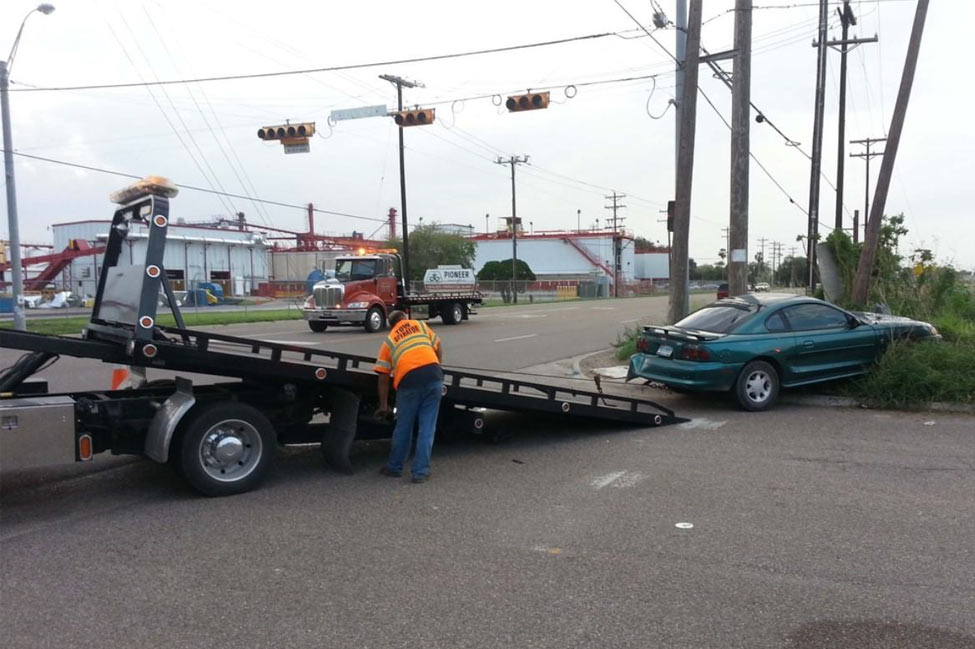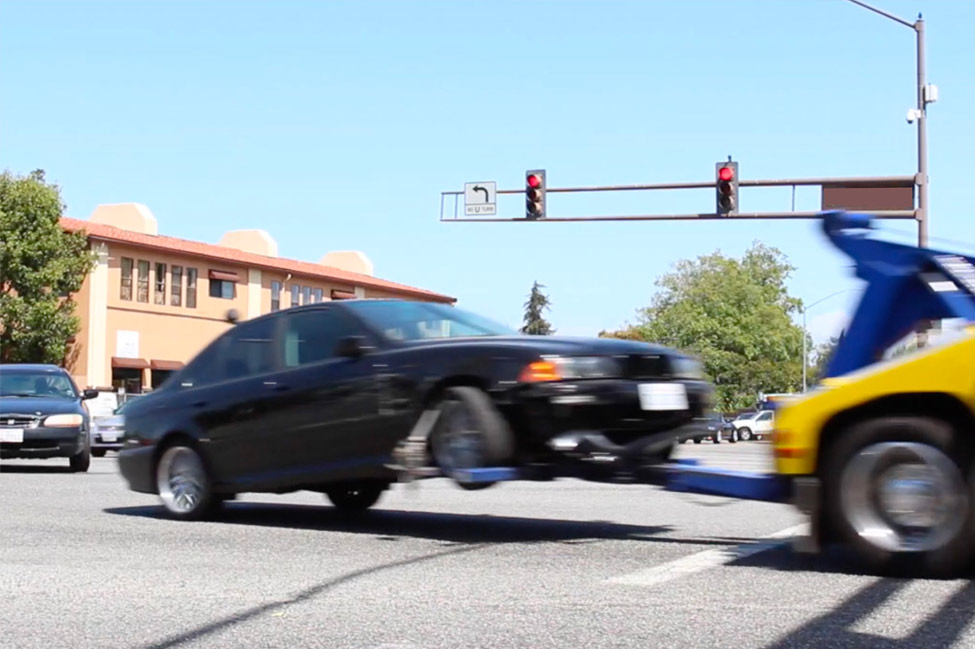What Opinion Editors Don’t Know Can Hurt Your Towing Business
On March 21, 2023, an opinion editor for the Wichita Eagle news, wrote an article titled “Predatory pricing: What you don’t know about police towing could wreck your wallet.” In it, he castigates the honest, hardworking towing company owners of Wichita, Kansas. And accuses them of gouging their customers with “predatory pricing”. He labels them a “Cartel of Wrecking Companies,” and claims that people may lose their cars, jobs, and apartments because of City-Council-Regulated towing and storage charges.
You can find the article here.
In the article, he cites a traffic accident involving a 76-year-old woman whose car was towed and remained in storage for 4 days before she retrieved it. When she finally picked it up, the bill came to $515.00, of which $190.00 was storage and City administrative fees. So, the actual tow bill was only $325.00. Which I’ll address first.
Ignorance of the requirements can hurt your towing business.
So, rather than letting emotion be our guide, let’s take a step back and approach the issue pragmatically. Understand there is a clear distinction between towing a car to a repair shop and responding to a car crash. When you get a call from a vehicle owner whose car won’t start in their driveway, it’s not an emergency. While you want to get to them as soon as possible, there’s no need for haste. But responding to a motor vehicle collision requires immediate attention.
While police dispatchers do a great job of providing the necessary information, things can change in an instant. Traffic can back up, there may be a blind curve, and there’s always the chance of a secondary accident occurring. And in many instances, a speedy response is part of the requirements put in place by the City Council. Therefore, it’s understandable why towing companies treat every accident tow with urgency.
And since a quick response is a must, many times, resources (people, trucks, and equipment) may need to be rerouted from other jobs to ensure the road is cleared quickly. And while the incident the writer is referring to was for a vehicle in a parking lot, to ensure a quick response every time, for the most part, law enforcement treat all accidents similarly.
So, when you take into consideration the resources required to respond to car accidents:
- The quick response necessary to ensure no other accidents occur.
- 24-hour availability.
- The price of a tow truck ($100,000 and up).
- $4.00 diesel.
- Insurance premium hikes.
- Maintenance costs.
- Out-of-control inflation.
- Taxes, real estate costs, and rising wages.
A tow bill of $325.00 is very reasonable. Take a look at an ambulance bill. They run in the thousands of dollars.
Storage fees incentivize vehicle owners to pay.
Regarding storage fees. Storage fees incentivize vehicle owners to pay their tow bill and pick up their cars. Without storage fees, property owners couldn’t enjoy the free use of their real estate. When a vehicle is in storage, it is in a spot that no other vehicle can occupy. And since many motorists are underinsured and carry the least amount of insurance required by law, when they’re involved in an accident, they’re personally responsible for the tow bill. When they don’t have the money to pay the tow bill, in most instances, they also don’t have money to repair their car. Which means the towing company gets stuck disposing of the car in order to recoup some of their tow bill.
Of course, lawfully disposing of a wrecked car requires adhering to applicable statutes. In most states, the towing company must run the VIN and notify, via certified letter, anyone with an interest in the car of their intent to dispose of it. And by law, a specific amount of time must pass so that those notified can respond and pick up the vehicle if they choose. Typically, the process can run 60 to 90 days. And only then is the towing company owner able to sell the car for scrap, which usually yields between $100.00 to $200.00 dollars. Making it not worth their time and effort.
Now let’s discuss personal responsibility. If the vehicle owner had been fully insured, she could have simply called her insurance company to pick up the car. Story over, the insurance company would have paid the towing and storage fees. Why? Because the insurance company would recognize that the fees are not out of line with what other towing companies are charging. And even without being fully covered. If the woman had acted swiftly and had her vehicle towed home the same day, she could have avoided paying four days of storage.
If a $325.00 tow bill is the difference between living on the streets and living in an apartment, you would think that a proactive approach would be warranted. Why take the chance and carry liability-only insurance? Unless she has a horrendous driving record, comprehensive insurance is very affordable for older people.
In short, the towing fees in Wichita are not out of line with the rest of the country. In fact, they’re lower than many locations.
From the rhetoric used to castigate and demean the towing companies, the City Council, and even Law Enforcement, it’s clear to see the writer’s not trying to make any inroads. Accusing towers of predatory pricing and kicking people when they’re down and saying that City government is complicit in this mistreatment reveals that he doesn’t possess the foresight needed to understand that his community needs the services of towing companies.
For towing companies to continue to provide services, they need to charge enough to keep good employees, pay their bills, and make a little profit. But, rather than trying to see both sides of the situation, the writer shamelessly attempts to make the reader feel sorry for people who are obviously at a stage in their lives where personal responsibility is not a priority. He places concern for the plight of people who take a laze fare approach to responsibility over safe and passable roads. It’s unfortunate because this type of negligent and ill-informed reporting harms towing businesses and communities alike.






Leave A Comment